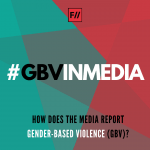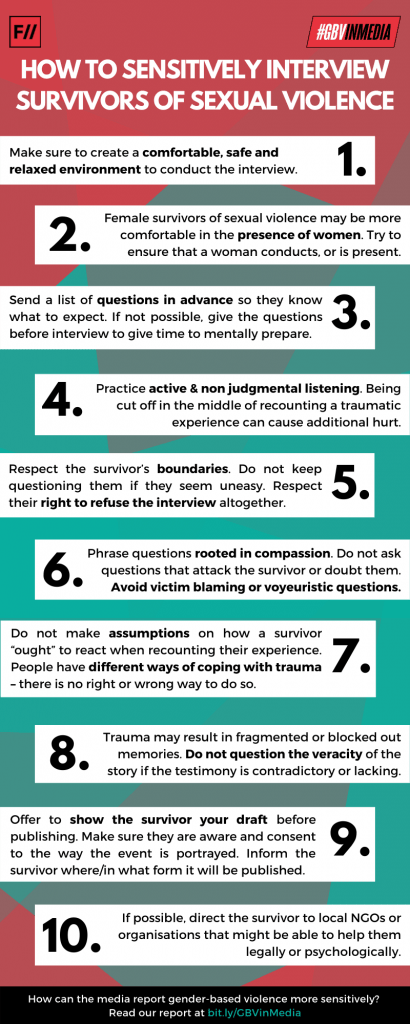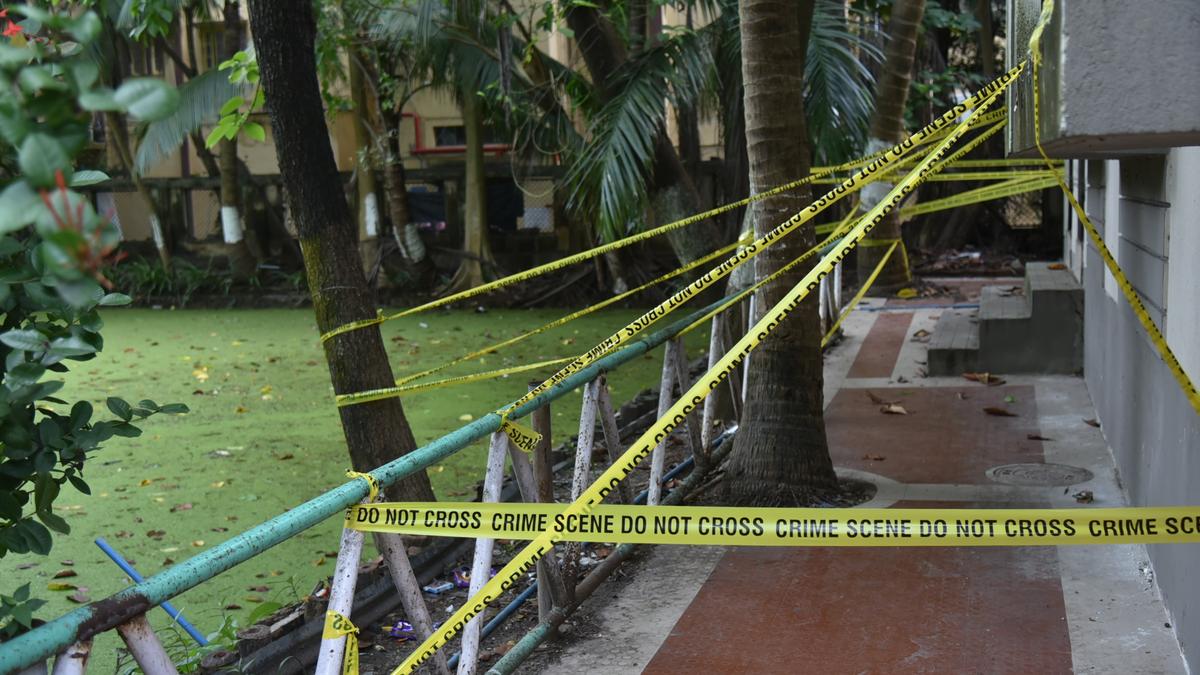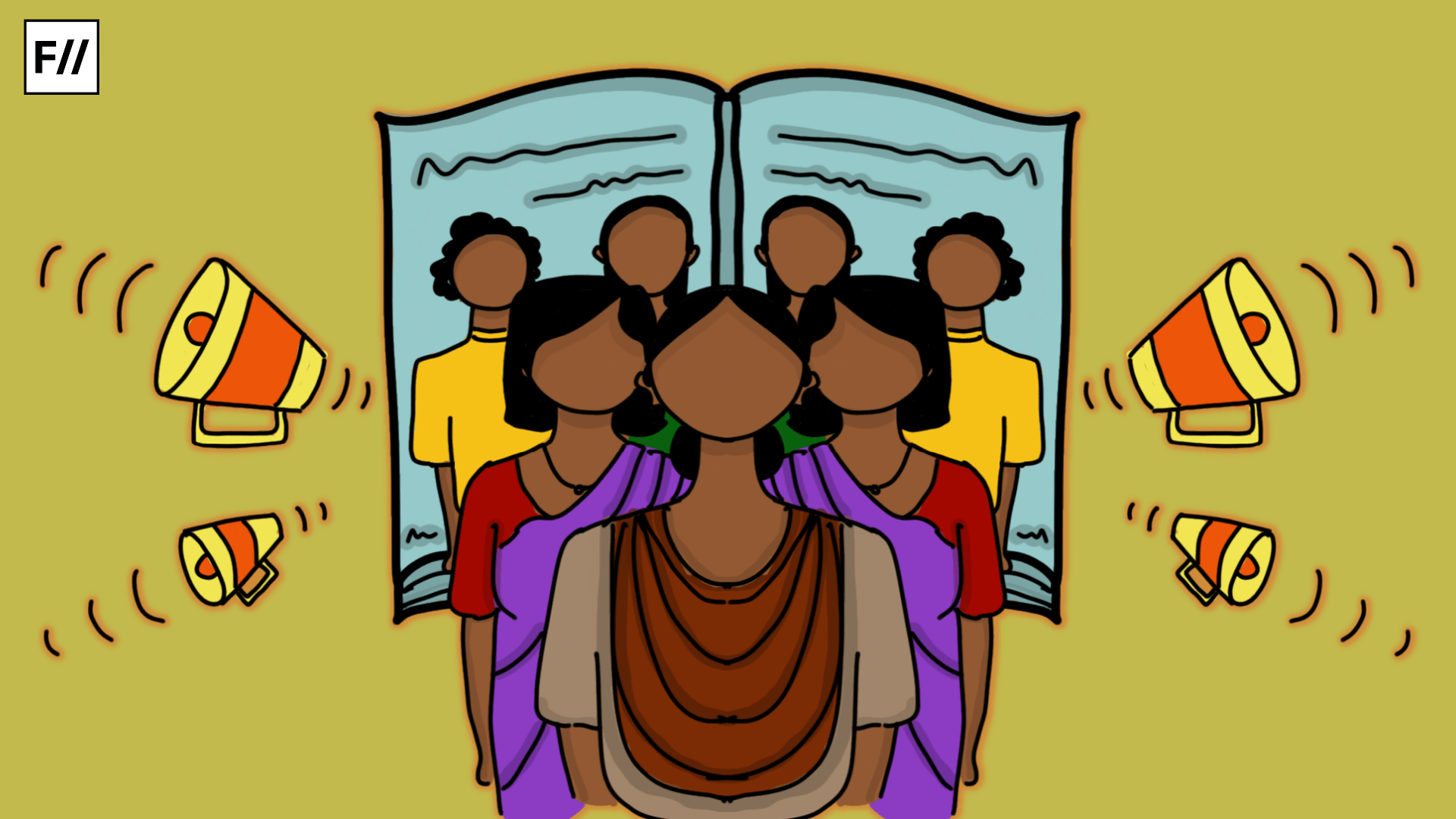 Editor’s Note: This article was written for the #GBVinMedia Campaign, which interrogates mainstream media’s reportage of gender-based violence from an intersectional feminist perspective. Many of these insights are based on the #GBVinMedia toolkit, released by FII as a guide for journalists and media professionals to report gender-based violence sensitively and ethically. If you wish to get in touch regarding this campaign, please email asmita@feminisminindia.com.
Editor’s Note: This article was written for the #GBVinMedia Campaign, which interrogates mainstream media’s reportage of gender-based violence from an intersectional feminist perspective. Many of these insights are based on the #GBVinMedia toolkit, released by FII as a guide for journalists and media professionals to report gender-based violence sensitively and ethically. If you wish to get in touch regarding this campaign, please email asmita@feminisminindia.com.On 30 July 2016, a gang of 7 men accosted a mother-daughter duo in Bulandshahr, Uttar Pradesh, and gang-raped them. What followed for the survivors was even more trauma, as hordes of media professionals descended upon their house asking for interviews, until the father of the teen survivor broke down on live television, begging the media to stay away. “How many times should I repeat what happened with my daughter and my wife? They have been raped. What else do you want to know? My daughter was better till last night. With all the people visiting, she is now being asked to recall everything again. She has fallen sick again. She cannot stop crying. Please leave us alone. I wish we had never returned,” said the father. The video of him crying went viral.
When the media professionals interview survivors of gender-based violence, they must keep in mind that they are asking survivors or their families to recount an extremely traumatic experience. It is imperative that this be done in as sensitive a manner as possible, to avoid exacerbating the situation and triggering survivors, many of whom might be in a fragile mental health state.
Also read: Sixteen Ways To Implement Gender Ethical Journalism
Here are some tips to keep in mind if you are to interview survivors of gender-based violence.

- Make sure to create a comfortable, safe and relaxed environment to conduct the interview.
- Female survivors of sexual violence might be more comfortable in the presence of women, no matter how sensitive the male interviewer. Try to make sure that a woman conducts, or is present during the interview.
- Since a media interaction might be a stressful experience for a survivor, try to send a list of questions in advance so they know what to expect. If this is not possible, try to mention what questions you will ask before the interview begins so that they have some time to be mentally prepared to answer them.
- While a survivor is narrating their experience, practice active and non judgmental listening. Do not cut them off in the middle of their narration due to lack of time or any other reason – being cut off in the middle of recounting a traumatic experience can cause additional hurt.
- Respect the survivor’s boundaries. Do not keep questioning them on something if they seem uneasy or state that they do not wish to speak about it. Respect their right to refuse the interview altogether.
- Phrase questions that are rooted in compassion. Make sure the questions do not attack the survivor or place doubt in their version of events. Questions should not be victim blaming or voyeuristic in nature.
- Do not make assumptions about how a survivor “ought” to react when recounting their experience. People have different ways of coping with trauma, and there is no right or wrong way to do so. Do not minimize the impact that sexual violence may have because a survivor is not as distraught as you expect them to be.
- Trauma has many consequences, one of them being fragmented memories or blocking out the memory completely. Do not question the veracity of the account if the survivor’s testimony is contradictory or lacking.
- Offer to run a draft of the article by the survivor before it is sent for publishing. Make sure they are aware and consent to the way that the situation is portrayed. Inform the survivor exactly in what forms and where the interview will be published (i.e., if its local, national or international news, whether it will be in print or in digital media, etc.)
- If possible, direct the survivor to local NGOs or organisations that might be able to help them legally or psychologically.
Featured Image Source: American Psychological Association
About the author(s)
Asmita is a Freelance Communications Consultant, and specialises in leading digital advocacy campaigns for social and gender justice issues. When not using social media for work, she uses social media for fun (and a healthy dash of existential despair).




